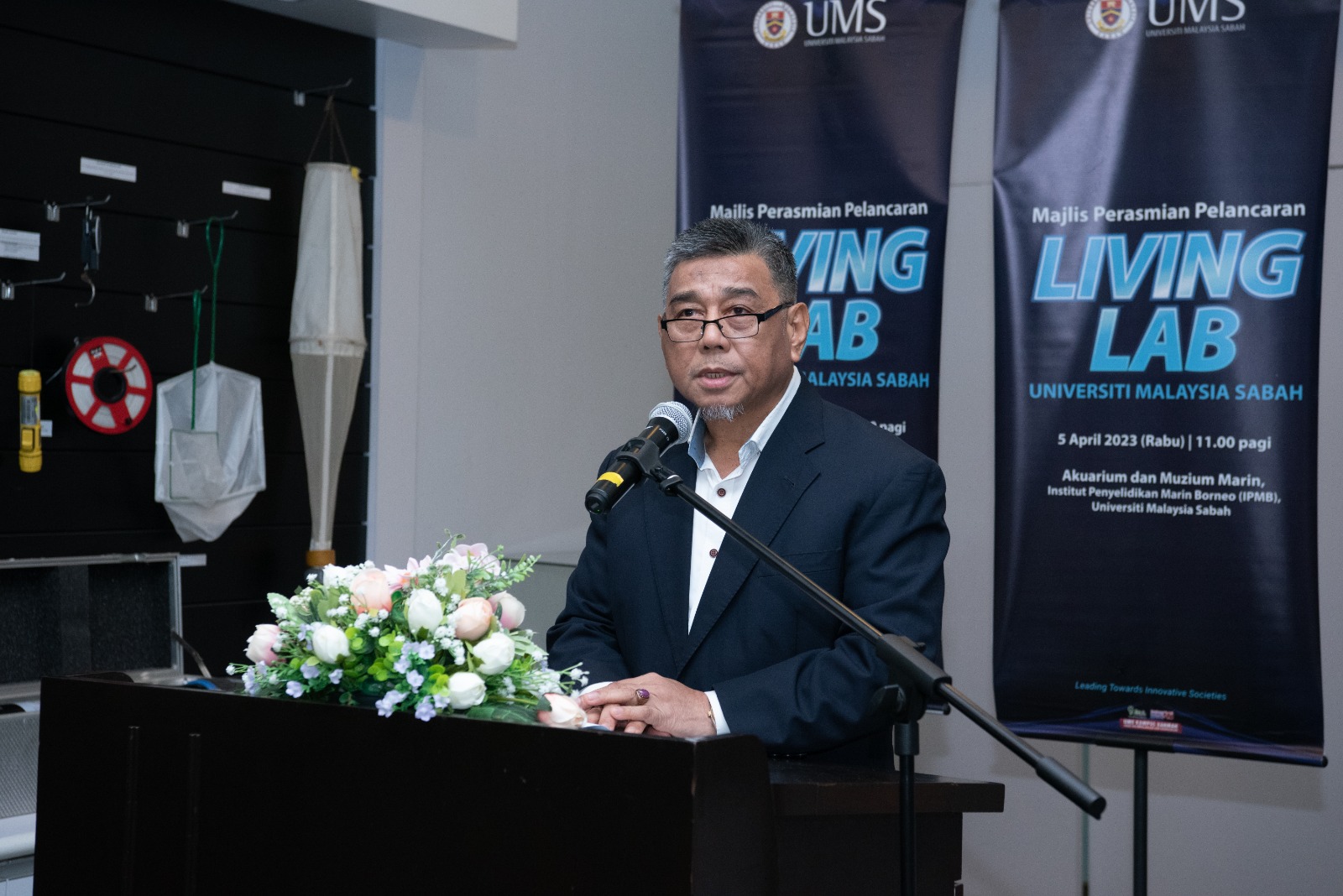 Universiti Malaysia Sabah (UMS) started developing a Living Lab in mid-2022 to inspire the university, community and industry in creating innovation.
Universiti Malaysia Sabah (UMS) started developing a Living Lab in mid-2022 to inspire the university, community and industry in creating innovation.
Vice Chancellor, Professor Datuk Dr. Kasim Mansor said the Living Lab application was a collaborative approach to innovation that involved various stakeholders.
"Living Lab is often used in the fields of smart cities, healthcare, sustainability and education.
"Now, where we are is also a Living Lab that involves testing marine-based technology, products and services," he said while speaking during the UMS Living Lab launching ceremony.
According to Kasim, collaborative partnerships between academies, industry, government and the community were important to ensure sustainable growth of the innovation development ecosystem.
"Collaborative models across these various entities are the main support for the development and growth of the Living Lab at UMS.
"In this model, industry partners take advantage of academic capabilities to support their needs in producing more innovative and competitive products," he added.
He added that the government also intended to develop, establish and manage its own Living Lab to provide policy for administering the implementation of innovative skills.
At the international level, Living Lab is an open loop innovation ecosystem that focuses on users, integrated in the simultaneous research and innovation process.
"Our mission at UMS is to ensure that our Living Lab can be an inspiration to the university, community and industry in creating innovations that are beneficial to society and industry.
"This is in line with the theme of the university as the leader of the innovative community," he added.
He added that the Living Lab application could also be used as a platform that could solve and help promote economic models.
"This can focus on efforts to promote an economic model that is in line with environmental sustainability and social interests.
"Living Lab is also able to provide an Information Transfer Programme (KTP) to target communities to foster the sustainable use of marine natural resources." he said